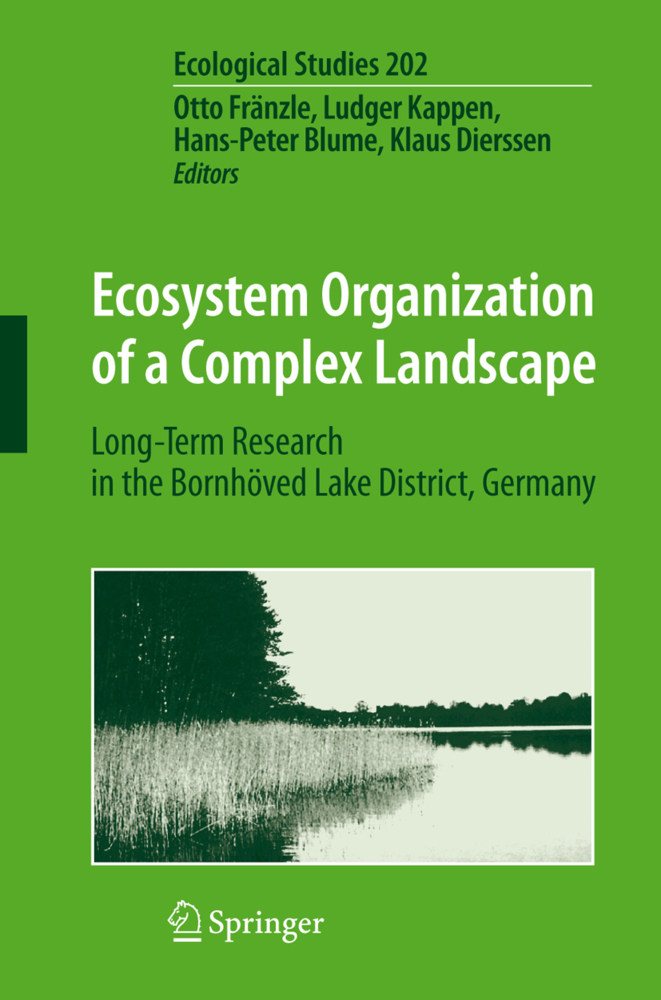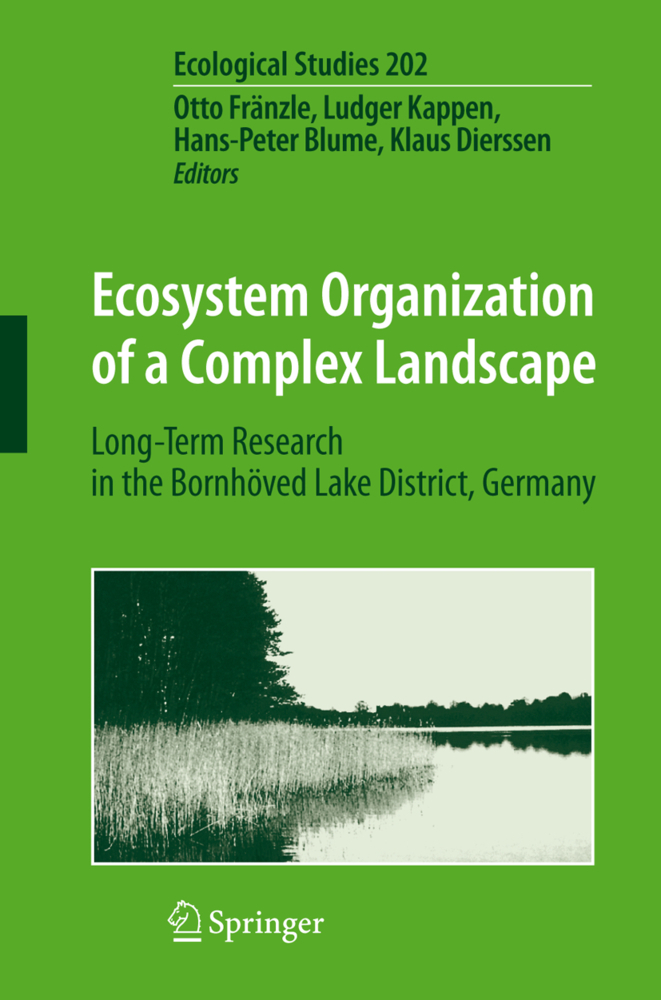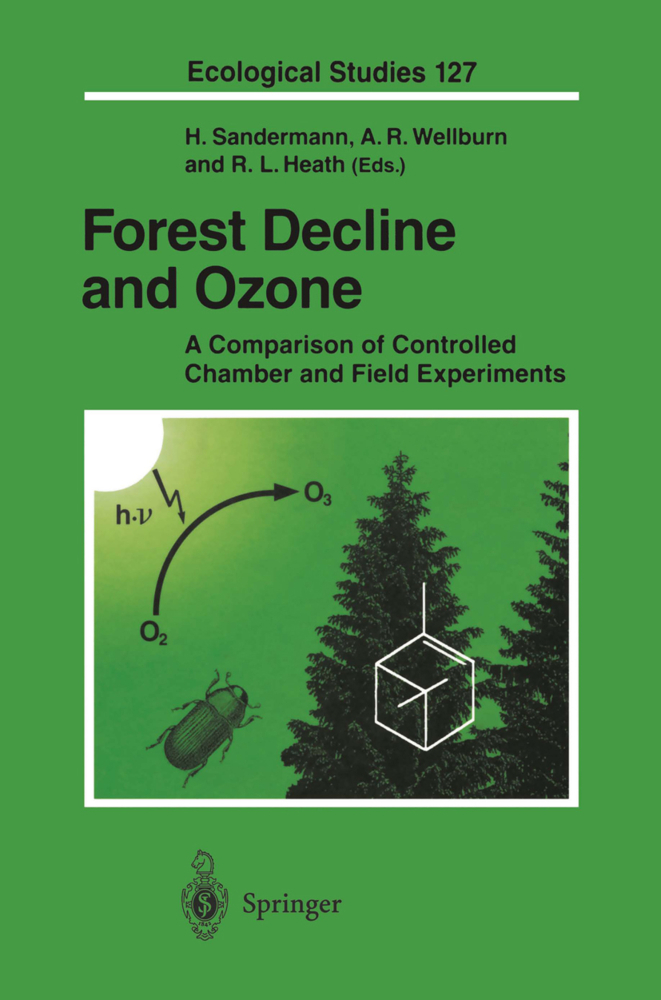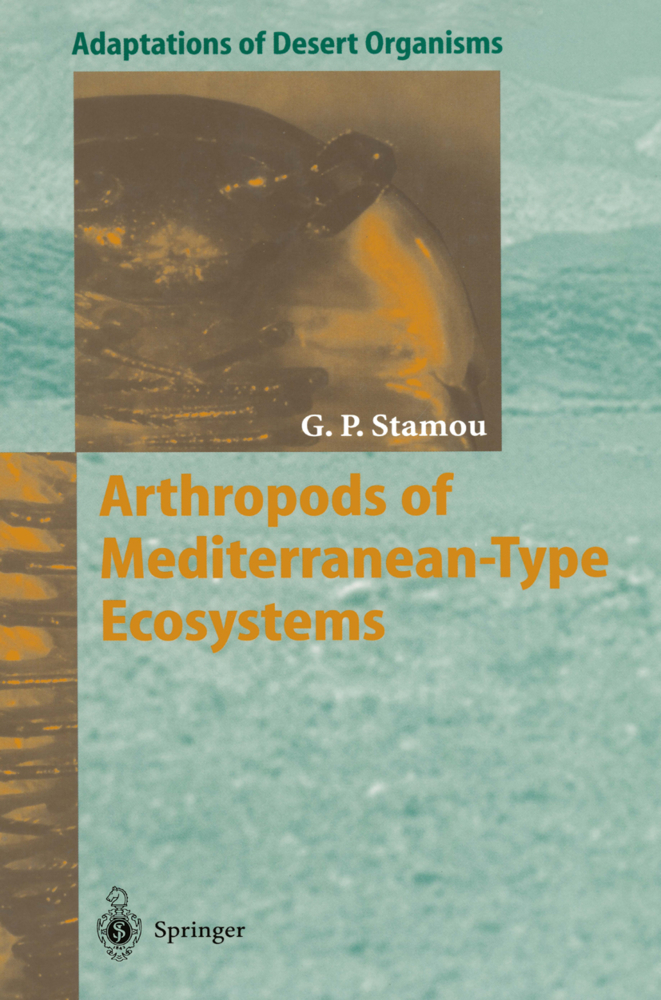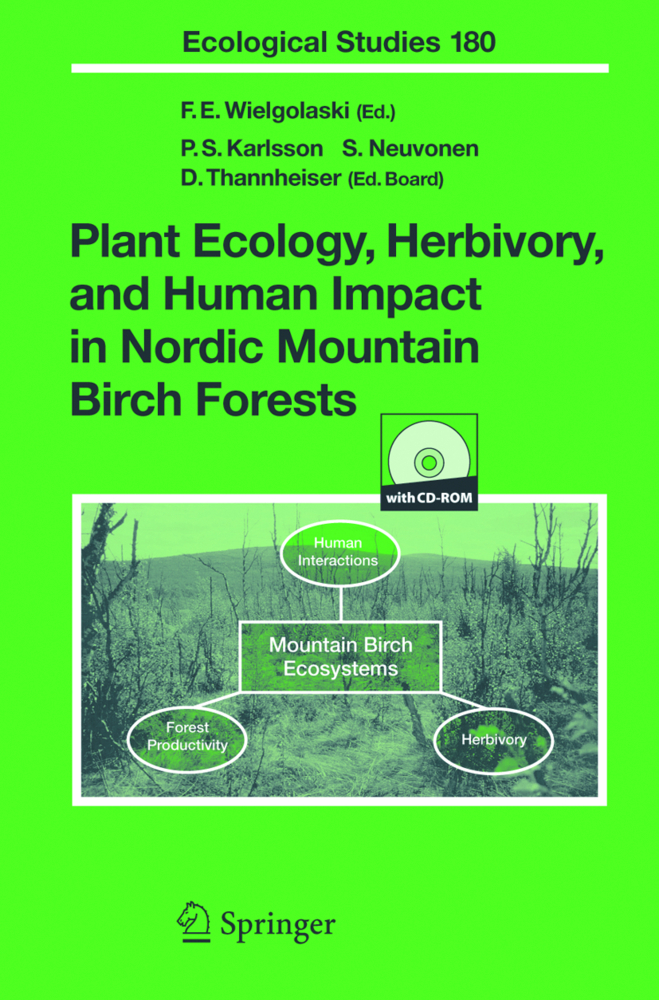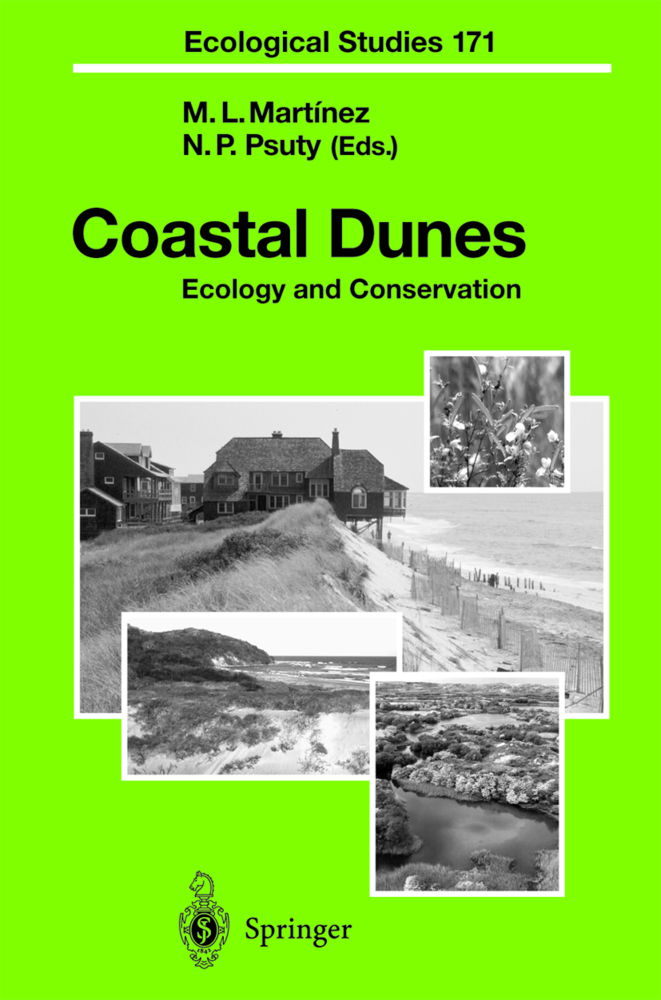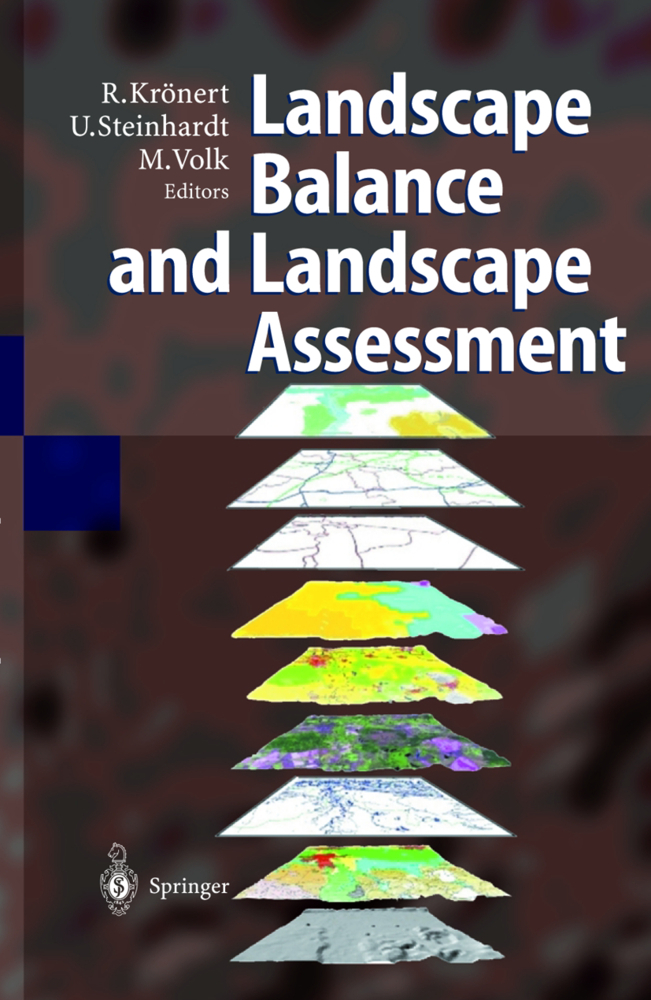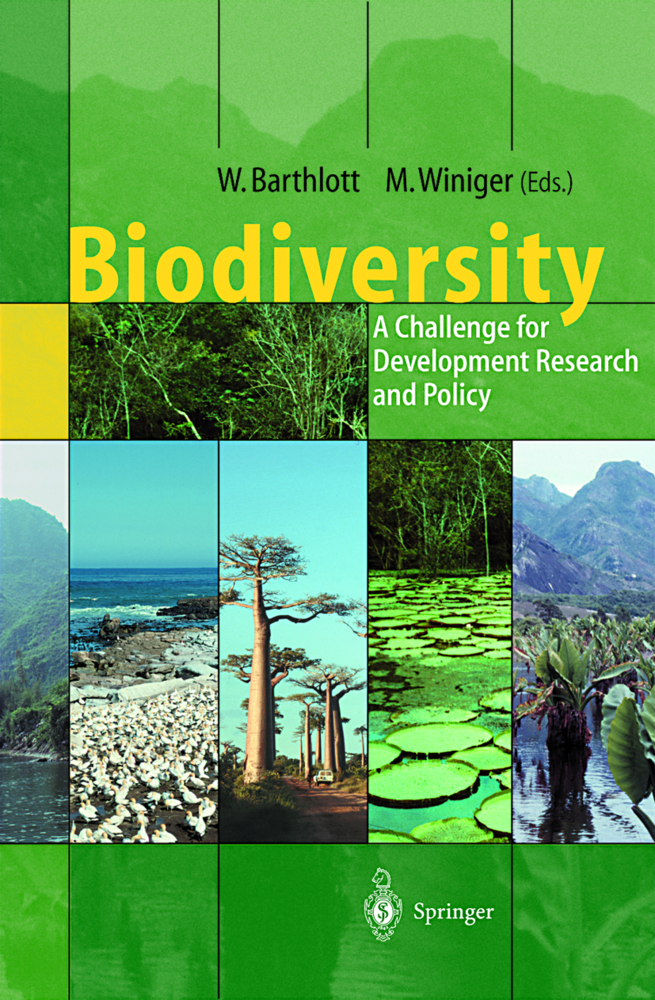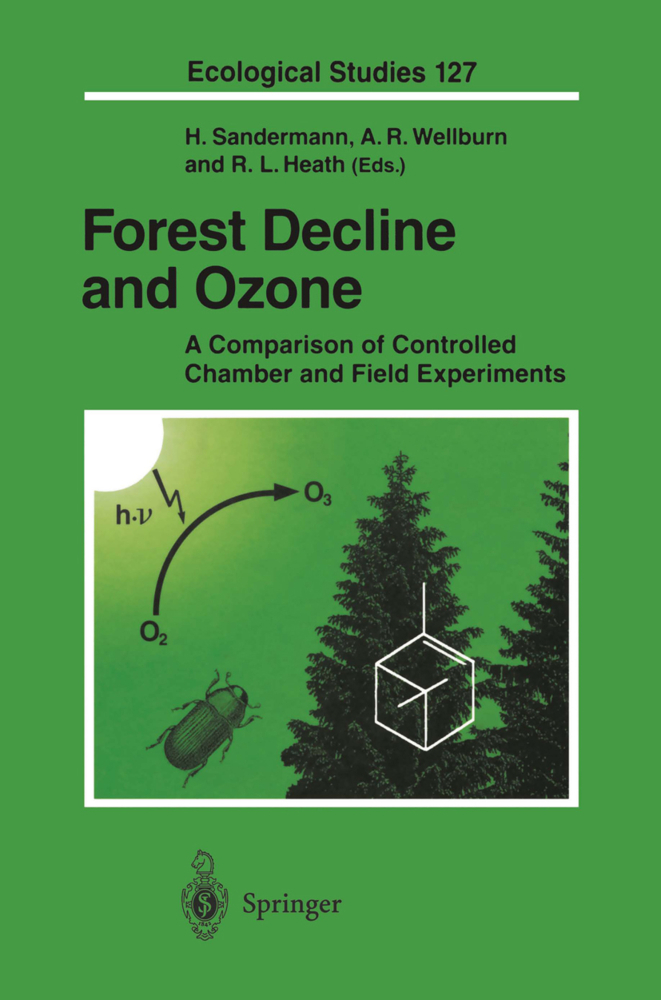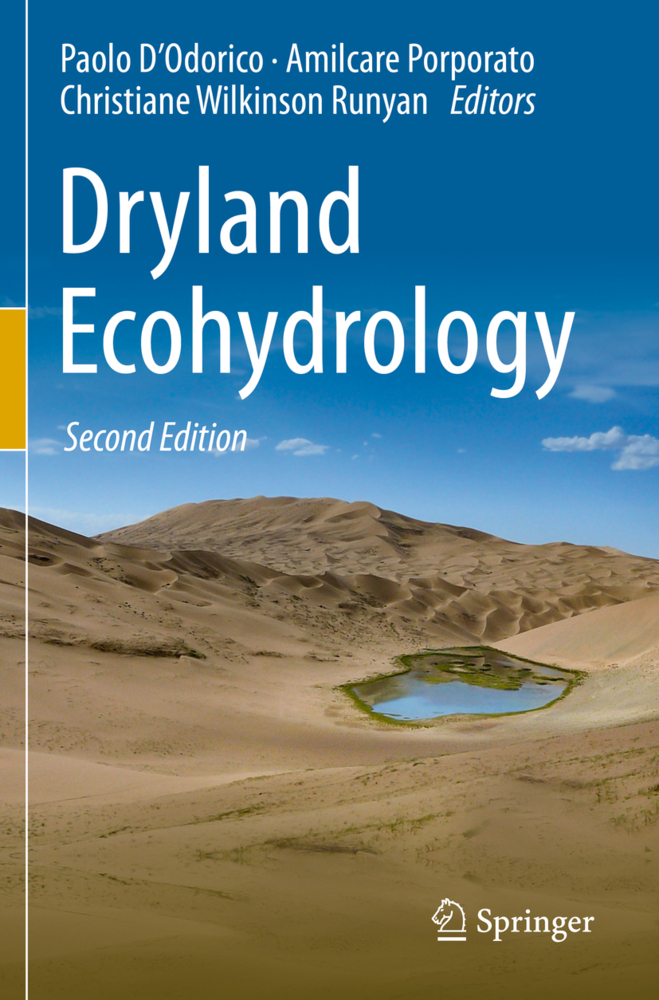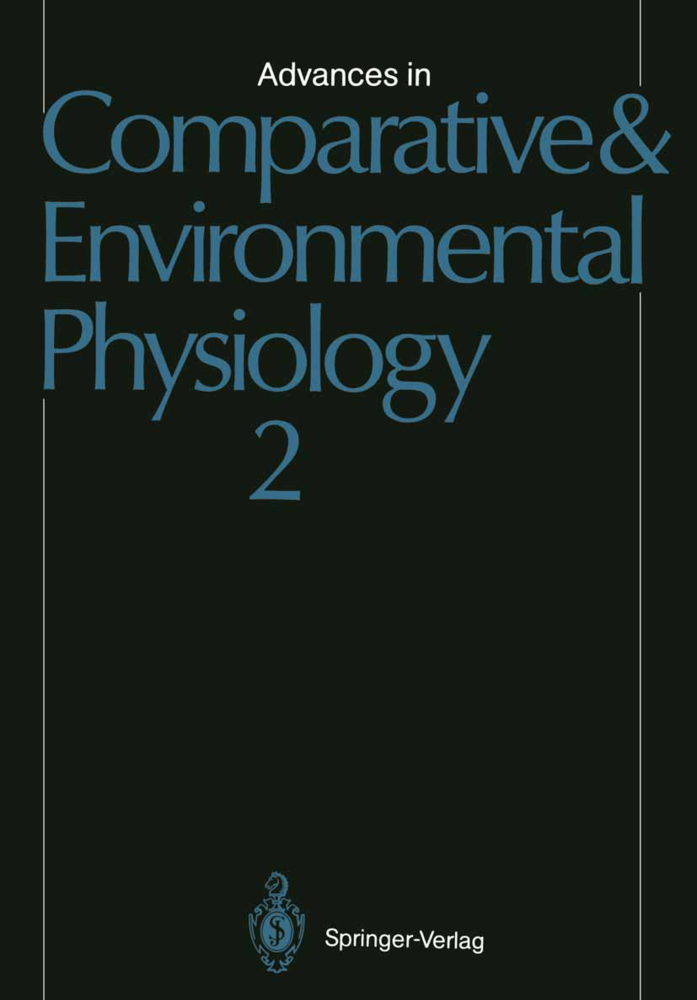Ecosystem Organization of a Complex Landscape
Long-Term Research in the Bornhöved Lake District, Germany
Ecosystem Organization of a Complex Landscape
Long-Term Research in the Bornhöved Lake District, Germany
This book presents the major findings of a 12-year ecological study of the Bornhöved Lake District, situated some 30 km south of Kiel. Historically speaking, the present research scheme, like comparable long-term ecosystem studies at Göttingen, Bayreuth, München, and Berchtesgaden, has been conceived as the core of a comprehensive ecological surveillance system for Germany (Ellenberg et al. 1978). Comprising three interrelated components, namely an ecological monitoring network, comparative ecosystem research, and an environmental specimen bank, this system is intended to promote both ecological science and planning and policy. In this connection the geo- and bioscientifically based ecosystem research aims at understanding the structure and functions of systems, the natural equilibrium and stress tolerance of singular components and the entire system against changes and disturbances from within and from outside, and the relationships between diversity, productivity, and stability. Thus, ecosystem research forms the indispensable basis for the rational analysis of the comprehensive data sets made available by ecological monitoring networks and for the adequate selection of plant, animal, and soil specimens for environmental specimen banking purposes.
Ecological Setting of the Study Area
Structure and Function of Ecosystems in a Complex Landscape
Ecophysiological Key Processes in Agricultural and Forest Ecosystems
Carbon and Energy Balances of Different Ecosystems and Ecosystem Complexes of the Bornhöved Lake District
Water Relations at Different Scales
Site-Related Biocoenotic Dynamics
Biocoenotic Interactions between Different Ecotopes
Element Fluxes in Atmosphere, Vegetation and Soil
Transport Processes between Lake Belau and its Drainage Basin
Lake Belau
Ecological Gradients as Causes and Effects of Ecosystem Organization
From Research to Application
An Indicator-Based Characterization of the Bornhöved Key Ecosystems
Ecosystem Research and Sustainable Land Use Management
Conclusions: Perspectives for Integrative Landscape Planning, Management and Monitoring.
Research Programme and Study Area
General Concept of the Research Pogramme and Methodology of InvestigationsEcological Setting of the Study Area
Structure and Function of Ecosystems in a Complex Landscape
Ecophysiological Key Processes in Agricultural and Forest Ecosystems
Carbon and Energy Balances of Different Ecosystems and Ecosystem Complexes of the Bornhöved Lake District
Water Relations at Different Scales
Site-Related Biocoenotic Dynamics
Biocoenotic Interactions between Different Ecotopes
Element Fluxes in Atmosphere, Vegetation and Soil
Transport Processes between Lake Belau and its Drainage Basin
Lake Belau
Ecological Gradients as Causes and Effects of Ecosystem Organization
From Research to Application
An Indicator-Based Characterization of the Bornhöved Key Ecosystems
Ecosystem Research and Sustainable Land Use Management
Conclusions: Perspectives for Integrative Landscape Planning, Management and Monitoring.
Fränzle, Otto
Kappen, Ludger
Blume, Hans-Peter
Dierßen, Klaus
| ISBN | 978-3-540-75810-5 |
|---|---|
| Artikelnummer | 9783540758105 |
| Medientyp | Buch |
| Copyrightjahr | 2008 |
| Verlag | Springer, Berlin |
| Umfang | XX, 392 Seiten |
| Abbildungen | XX, 392 p. 155 illus., 5 illus. in color. |
| Sprache | Englisch |

